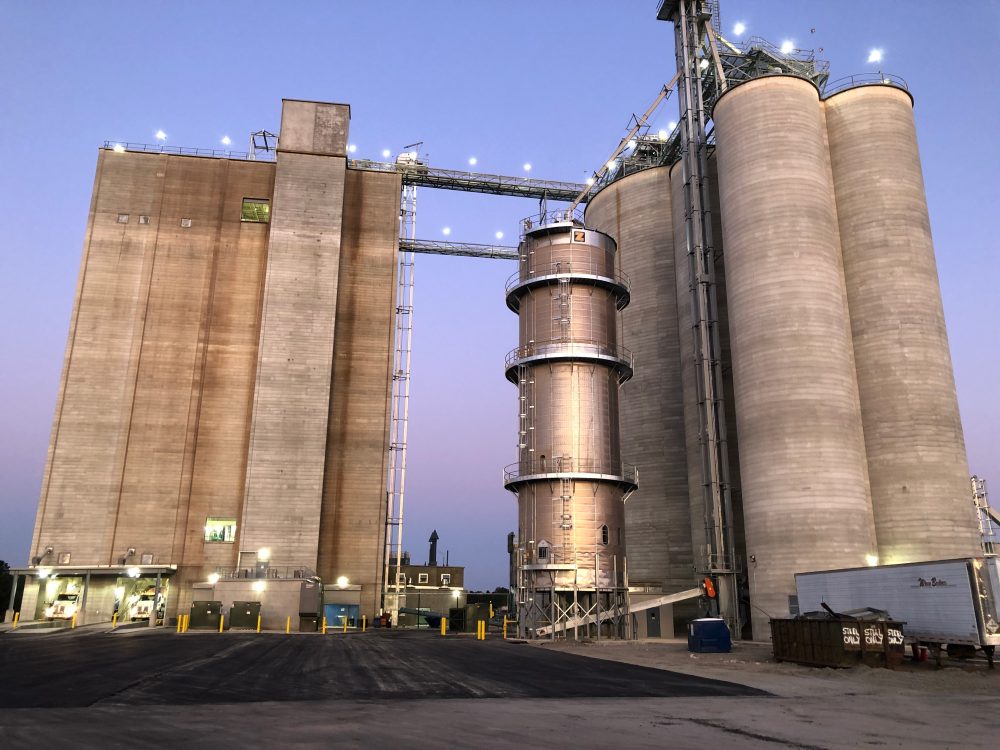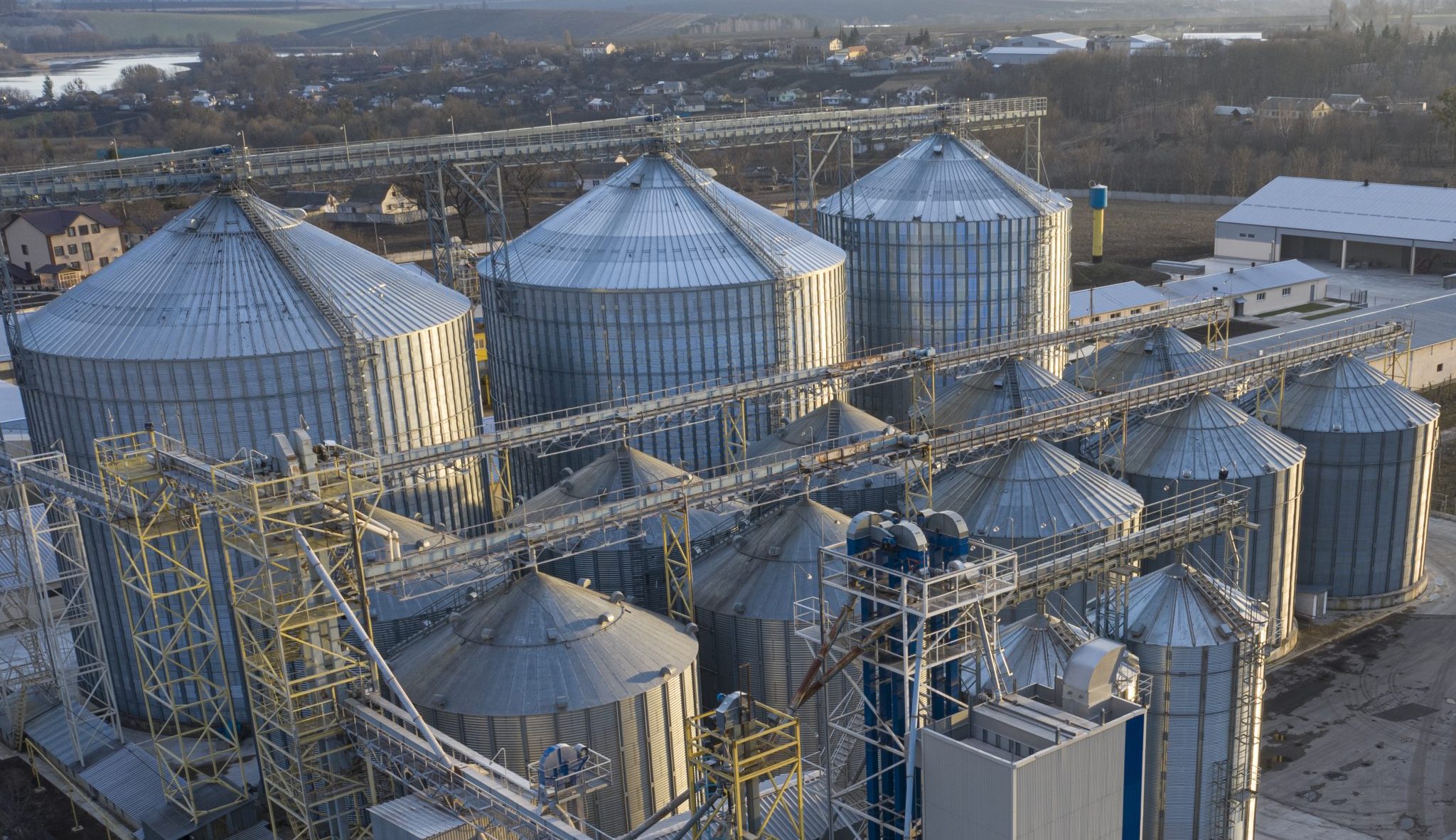Understanding The Importance Of Feed Mills In Modern Agriculture
Feed mills play a pivotal role in the agricultural sector, serving as the backbone for livestock and aquaculture industries worldwide. They are responsible for the production of animal feeds, which are essential for the growth and health of various livestock, including cattle, poultry, and fish. The process of creating these feeds involves a complex system of grinding, mixing, and pelleting raw materials to ensure that the animals receive the necessary nutrients for optimal growth and productivity.
As the global demand for animal protein continues to rise, the significance of feed mills becomes even more pronounced. They not only contribute to food security but also impact the sustainability of agricultural practices. By efficiently converting raw agricultural products into high-quality animal feed, feed mills help optimize resource use and reduce waste.
In this article, we will explore the various aspects of feed mills, including their functions, types, and the technology behind them. We will also address some common questions related to feed mills, highlighting their critical role in the food supply chain.
- All You Need To Know About Gyro Drop The Thrilling Ride Experience
- Stunning Black Nail Designs A Comprehensive Guide
What Are Feed Mills and How Do They Work?
Feed mills are facilities designed for producing animal feeds from various raw materials. The process typically involves several stages, including:
- Receiving and storing raw materials
- Grinding raw ingredients to the desired particle size
- Mixing different components to create a balanced feed formula
- Pelleting or extruding the feed for easier consumption
- Packaging and distributing the finished product
What Types of Feed Mills Exist?
There are several types of feed mills, each catering to different segments of the animal feed industry:
- Commercial Feed Mills: These mills produce a variety of feeds for livestock and poultry, often on a large scale.
- On-Farm Feed Mills: Smaller operations that produce feed specifically for the owner's animals, allowing for customized nutrition.
- Specialty Feed Mills: Focus on producing feeds for niche markets, such as organic or non-GMO feeds.
How Do Feed Mills Ensure Quality Control?
Quality control is paramount in feed mills to ensure that the feeds produced meet the nutritional requirements of the animals. This includes:
- Regular testing of raw materials for contaminants and nutritional content.
- Monitoring the production process to maintain consistent quality.
- Conducting regular audits and following industry regulations.
Why Are Feed Mills Important for Animal Health?
Feed mills contribute significantly to animal health by ensuring that livestock receive balanced diets tailored to their specific needs. Proper nutrition promotes:
- Better growth rates
- Increased milk and egg production
- Improved disease resistance
How Do Feed Mills Contribute to Sustainability?
With the increasing emphasis on sustainable agriculture, feed mills are adapting their practices to minimize environmental impact. Some strategies include:
- Utilizing by-products from food processing as feed ingredients.
- Implementing energy-efficient production methods.
- Reducing waste through recycling and composting.
What Innovations Are Transforming Feed Mills?
The feed mill industry is constantly evolving, with new technologies and innovations improving production efficiency and product quality. Some of these innovations include:
- Automation and smart manufacturing processes.
- Advanced feed formulation software.
- Research into alternative protein sources, such as insects or algae.
How Do Feed Mills Impact the Global Food Supply Chain?
Feed mills are a crucial link in the global food supply chain, as they directly affect the availability and cost of animal protein. Their efficiency and productivity influence:
- The price of meat, dairy, and eggs in the market.
- Food security and accessibility for consumers.
- The overall sustainability of food production systems.
In conclusion, feed mills are indispensable to modern agriculture, providing essential animal feeds that support livestock health and productivity. As the industry faces growing challenges, including sustainability and food security, feed mills will continue to evolve, adopting new technologies and practices to meet the needs of the future.



Detail Author:
- Name : Rachael Grant
- Username : carson.willms
- Email : lglover@yahoo.com
- Birthdate : 1970-12-05
- Address : 41930 Bradtke Trail Apt. 786 Port Hilmaberg, AK 93342
- Phone : 720-360-3473
- Company : Quitzon-Bartoletti
- Job : School Bus Driver
- Bio : Delectus accusamus sunt hic veritatis omnis omnis itaque debitis. Autem labore rerum est voluptatum non quo error. Est aut eum hic sit. Omnis qui vitae eveniet ut.
Socials
facebook:
- url : https://facebook.com/aminaswift
- username : aminaswift
- bio : Praesentium ea facilis id asperiores aut maxime quibusdam.
- followers : 6825
- following : 11
instagram:
- url : https://instagram.com/swifta
- username : swifta
- bio : Non ea quasi repellendus mollitia omnis. Ea accusamus hic vitae et sed.
- followers : 1645
- following : 882
linkedin:
- url : https://linkedin.com/in/swift2007
- username : swift2007
- bio : Quo deleniti cumque esse eos eveniet consectetur.
- followers : 2530
- following : 2258
twitter:
- url : https://twitter.com/swifta
- username : swifta
- bio : Dolores at fugiat qui animi commodi et eos. Aut et quae consequatur nostrum. Quae nostrum ipsam accusamus minus. Ipsum fugit architecto quo ratione.
- followers : 2854
- following : 2121
tiktok:
- url : https://tiktok.com/@aminaswift
- username : aminaswift
- bio : Rerum necessitatibus sit sunt cum.
- followers : 6694
- following : 2460